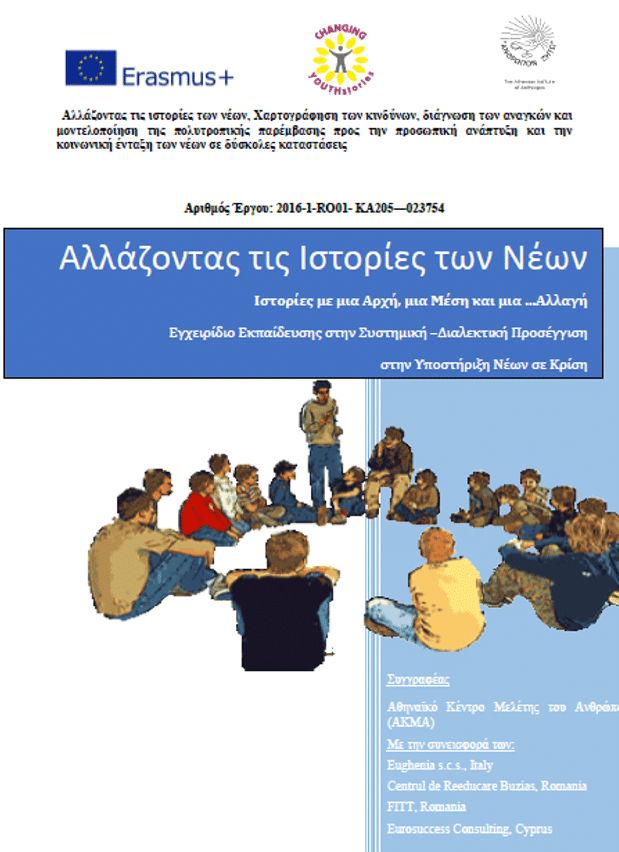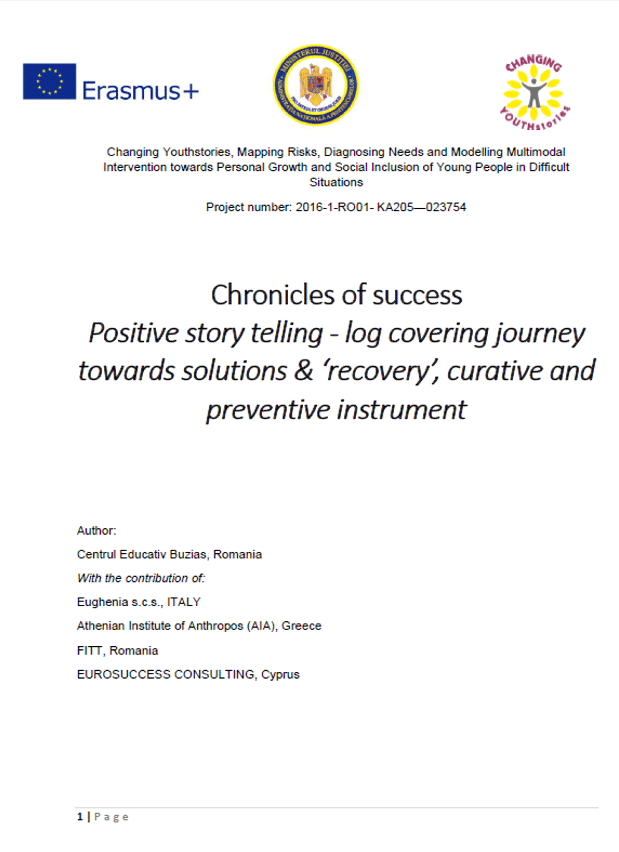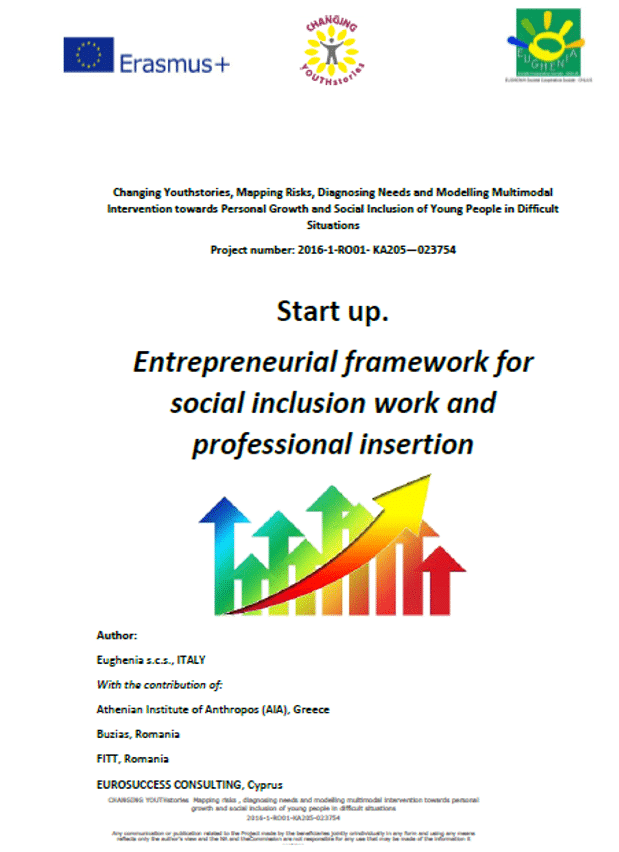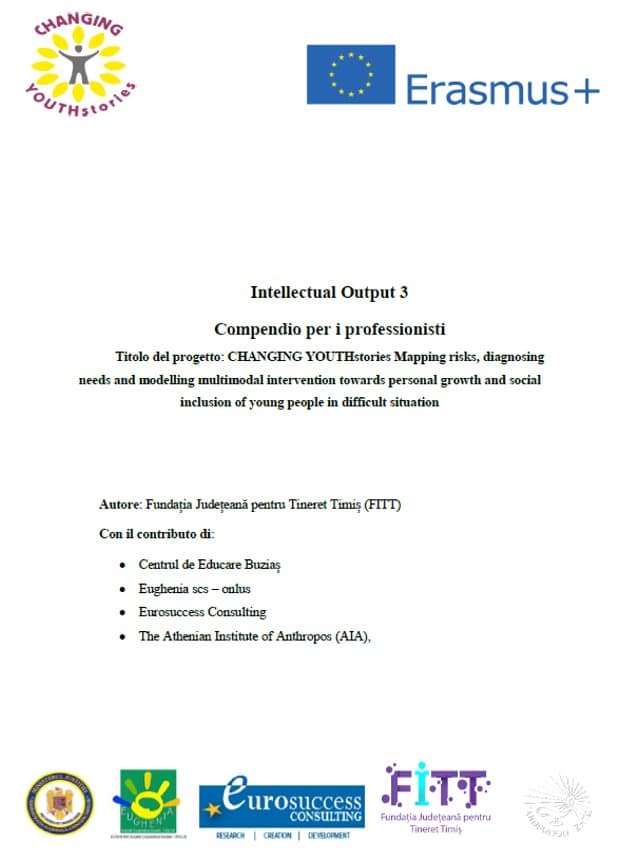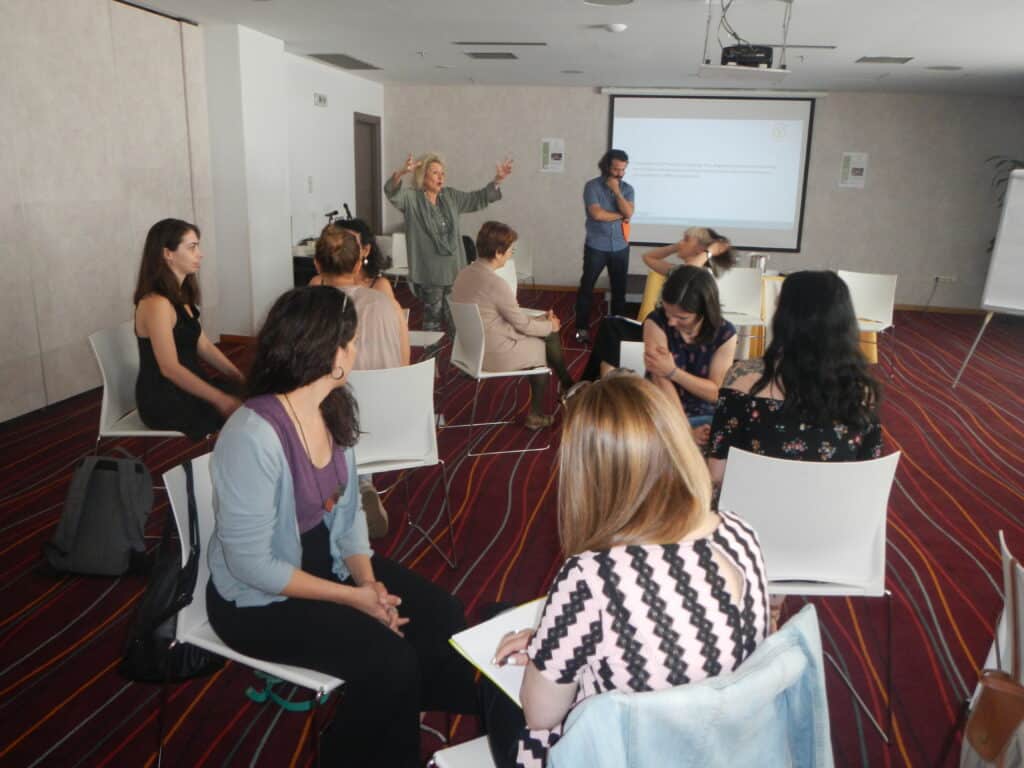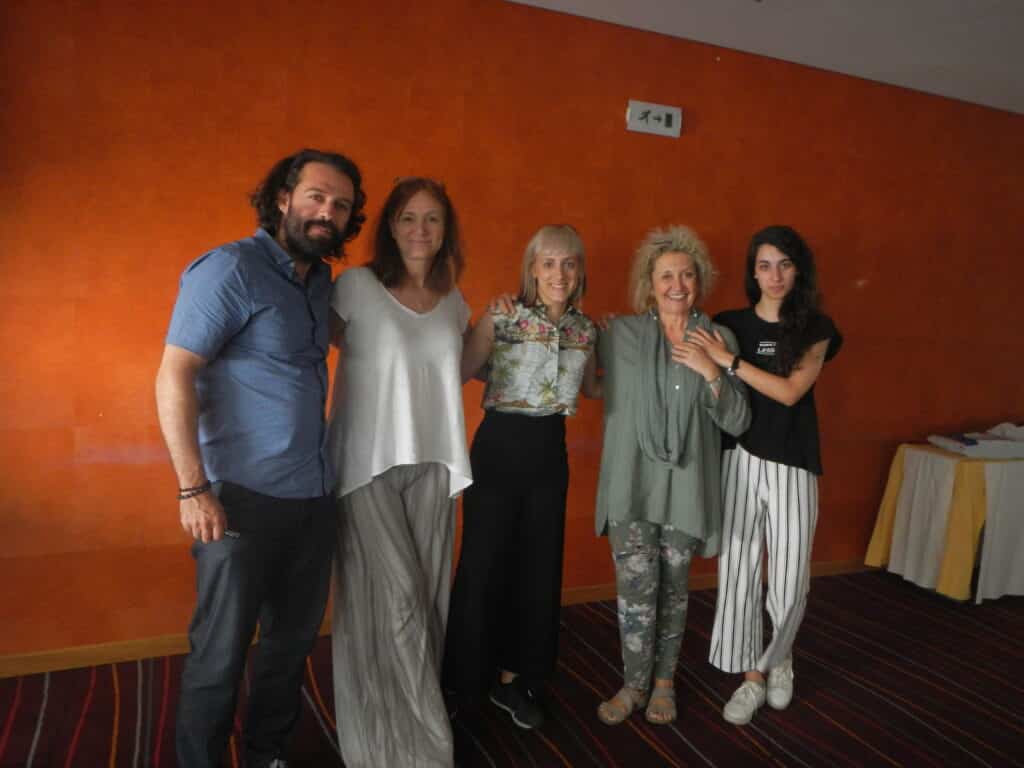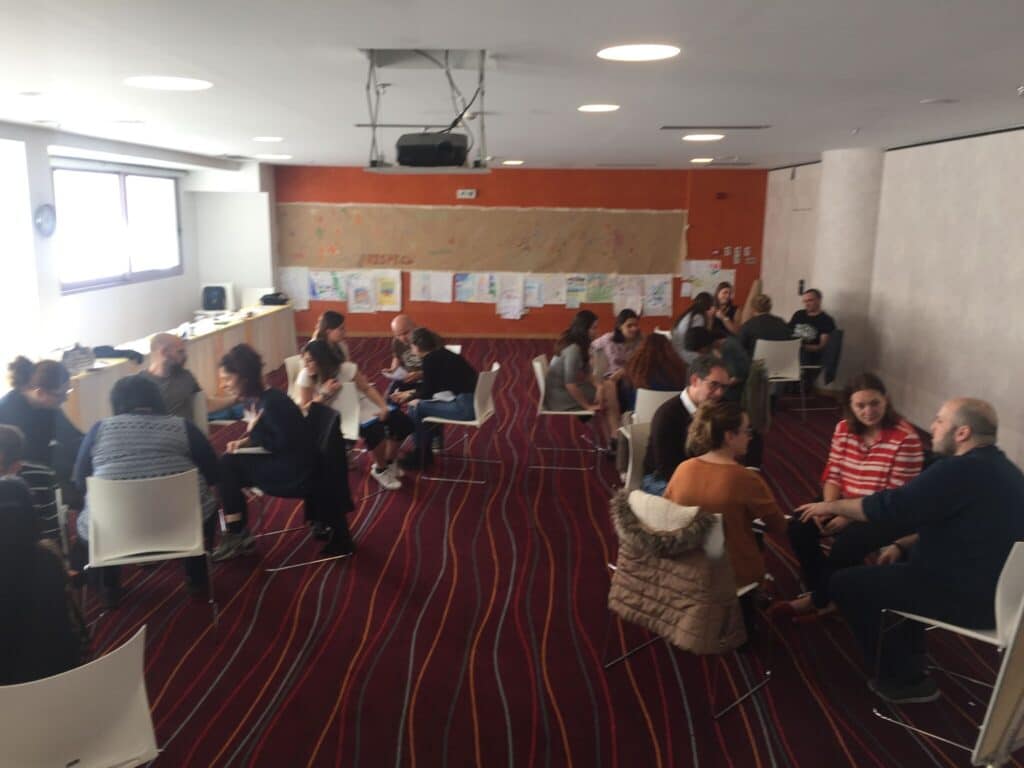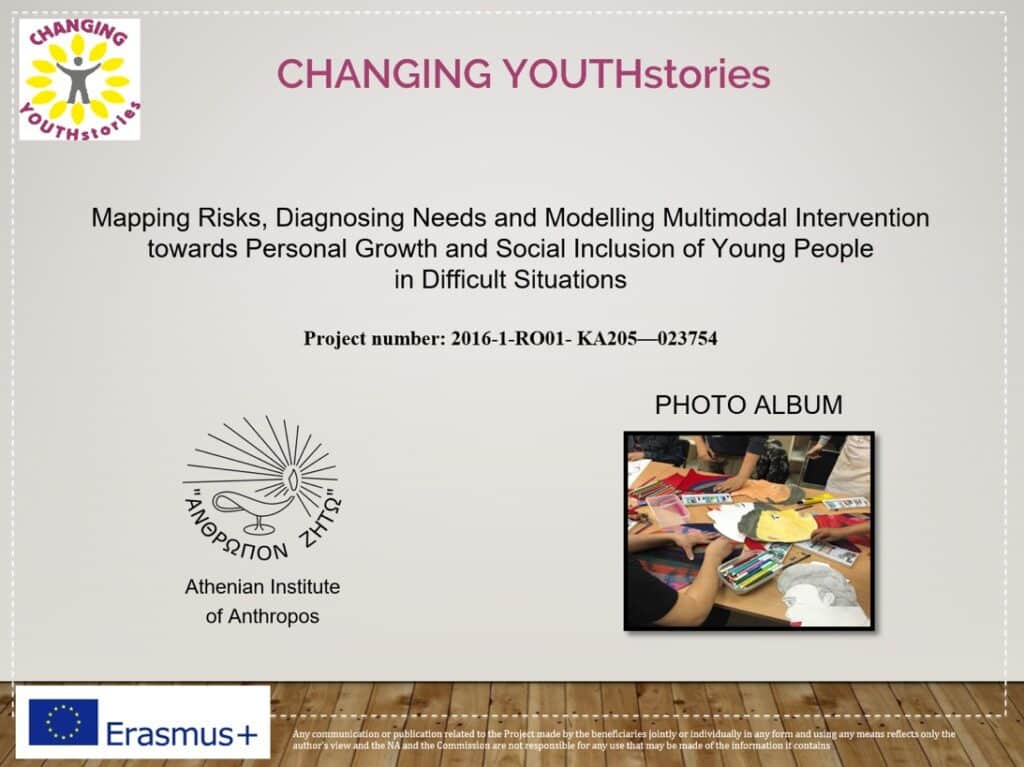Changing Youth Stories
Intervention through Participatory Training and Education, Utilizing the Systemic-Dialectical Approach
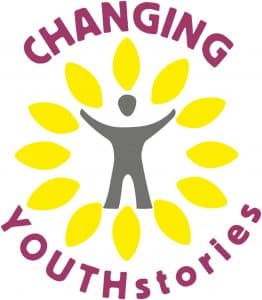
The Athenian Institute of Anthropos (AIA) participated in the project CHANGING YOUTHstories, which aimed at a multifaceted and multi-level intervention as a tool for exploring methodologies to support youth groups in crisis (youth facing substance use issues, displaying delinquent behaviors, or at risk of conflict with the law, as well as refugee/migrant youth).
During the implementation of CHANGING YOUTHstories, experiential methods were developed to support mental health professionals and other personnel working daily with these young people in reception facilities, with the aim of facilitating their full and functional reintegration into the social fabric. This method of working and collaborating was also piloted with a small number of young people in each partner country, leveraging their networking and ongoing experience-sharing through the common language of the Systemic-Dialectical Approach.
CHANGING YOUTHstories project was funded under the European Erasmus+ KA2 program, lasted two years (completed in August 2018), and aimed to promote personal development, enhance social adjustment, and facilitate the professional integration of young people belonging to at-risk groups.
AIA, under the scientific direction of Ms. Kyriaki Polychroni, coordinated field application among refugee youth in Greece, in collaboration with the Minor’s Protection Association (SMA), the Babel Day Center, and the Refugee Temporary Accommodation Program implemented by the Athens Development and Destination Management Agency in cooperation with UNHCR and EU funding. Project partners included the Centrul de Reeducare Buzias from Romania, the non-profit social organization Eughenia from Italy, and the Cypriot company Eurosuccess.
CHANGING YOUTHstories – Erasmus+ (KA2) project, aims, on the one hand, to promote the personal development of young people belonging to “high-risk” groups (addictions, delinquent behavior, school dropout, migrants, and refugees) and to strengthen/facilitate their social and professional integration; and, on the other hand, to assist in supporting and providing a framework for professionals working in this challenging field.
Materials Developed within the Project:
One of the project’s objectives was the development of model materials usable by social scientists, caregivers, and parents supporting at-risk youth. These materials are available in Greek, English, Italian, and Romanian.
Young people find themselves in different situations and contexts
Indicators for Panoramic Diagnosis and Multi-Level Intervention for Migrants and Refugees (Greek )
Indicators for Panoramic Diagnosis and Multi-Level Intervention for Migrants and Refugees (English)
A series of visualized tips for parents and caregivers of minor migrants are offered by Psychologist Mr. P. Salichos (AIA), focusing on different areas each time:
Strategies for Parents/Caregivers
Adjustment for Refugee Youth in the School Community
Strategies for parents/caregivers
LGBT+ Refugee Youth
Strategies for caregivers
Unaccompagnied minors
Strategies for caregivers
Youth in Familly – Reunification process
Handbooks for Supporting At-Risk Youth:
Group processes – Actions and Methodology for the project's implementation
Creation of a Network of Social Scientists
Each partner created a network to support young people at multiple levels:
- 5 SETs (Systemic Experts Teams) per partner, composed of trained social scientists who acted as multipliers and coordinators.
- 10 DITs (Direct Intervention Teams), comprising social scientists and individuals with daily direct access to youth (e.g., cooks, security staff, academic advisors).
Design and Implementation
The first action of the project was the training of social scientists and the creation of groups of supervisors for the project’s actions (SETs – Supervisory and Empowerment Teams) who coordinated the CHANGING YOUTHstories activities.
Training in AIA’s Systemic-Dialectical Approach took place in Athens (March 18–27, 2017), with the participation of 25 social scientists from Romania, Italy, Cyprus, and Greece.
The training was conducted by AIA’s scientific collaborators: Kyriaki Polychroni, Pavlos Salichos, Maria Giourgi, and Dimitra Kotorou.
Following this, each partner organization hosted transfer workshops, in which the training was transmitted to local social scientists of each partner’s institutions (DITs – Direct Intervention Teams).
The methodological approach of the training is detailed in the ‘Application Manual‘ (Handbook) created by the AIA team, aimed at raising awareness among social professionals even beyond the scope of the project (available in Greek, English, Romanian, and Italian).
Empowerment of Social Scientists Working with Youth (DITs & SETs)
The goal was to support their personal development (experience and trust-building) using AKMA’s Systemic-Dialectical Approach, enabling them to apply its tools effectively with the young people they support.
To strengthen the connection among SETs and DITs, remote supervision sessions via web conferencing were provided, ensuring continuous support and problem-solving.
Start-up of the “Social Cooperative Structure”
This initiative served as a framework for social intervention, supporting the labor market integration of young people and promoting their personal life plans.
Blended Mobility Action
Two five-day meetings were organized (May 16–20, 2018 in Italy and June 6–10, 2018 in Romania), with the participation of four young people and their mentors from each partner organization, focusing on professional orientation.
Empowerment, Guidance, and Support for At-Risk Youth
This was achieved through comprehensive, multi-dimensional assistance based on the Systemic-Dialectical Approach.
Collection of Best Practices and Intervention Journey
This process led to the creation of targeted materials (videos available in four languages) designed for:
Social scientists
Young people
Support structures and guardians
Participation
The program involved 50 at-risk youth from Greece, Romania, Cyprus, and Italy, as well as 95 social scientists.
Implementation and Application Team in Greece
Kyriaki Polychroni, Pavlos Salichos, Krystallia Drystella, Eirini Diakaki, Ilektra Stefanou, Angelina Papadatou, Dimitra Stefatos, Vasilis Alexakis, Eirini Arapantoni, Konstantinos Mathioudakis, Maria Kyriakou, Olia Kondyli, Konstantinos Kokoras, Sylia Kalogeropoulou, Dimitrios Papagalanis, Sofia Berli, Falk Amgad, Mohamed Najar, Christina Iosifidou, Ourania Kyrka, Margarita Karavella, Dimitra Pitsiani, Dimitra Adamantidou, Marios Karamanos, Elmira Kochi, Eleni Elmaz-Halari, Rudinie Pachelle Koya Yalebi, M** Grace, A** Nebras, AR** Nirim, H** Rahman, M** Hussaini, M** Jinet, HJAli, A Fatima, A** Zahra, A** Maher.
2016-1-RO01-KA205-023754
Any communication or publication related to the Project made by the beneficiaries jointly or individually in any form and using any means reflects only the author’s view and the NA and the Commission are not responsible for any use that may be made of the information it contains.

